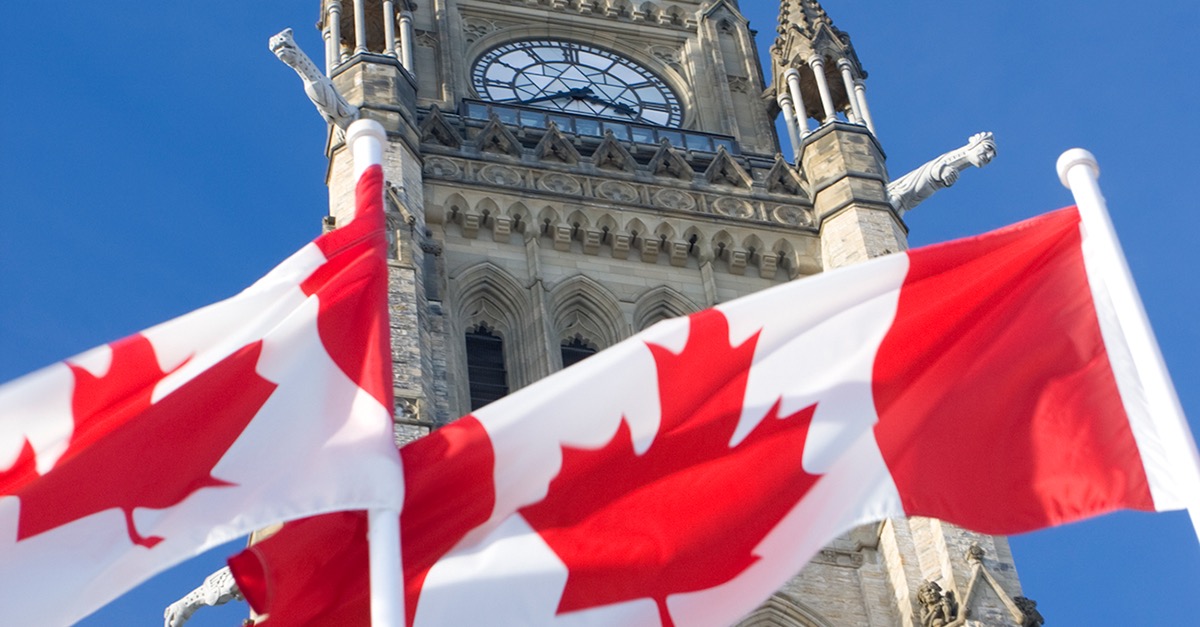Leadership From the Flight Deck
21 Results for Category International
By Capt. Tim Canoll, ALPA President
As world leaders meet for the United Nations Conference on Climate Change this week, it’s a great opportunity to recognize how much airline pilots are working to protect the environment, safely enhance efficiency, limit noise, and save money.
Here are just a few examples of how airline pilots who transport both passengers and cargo fly green every day and on every flight:
By Capt. Chuck Hogeman, ALPA’s Air Safety Organization Safety Chair
Providing airline pilots with the highest standards of training has played no small role in making North American airline transportation the safest mode of mass transit in history. Part of that training should ensure that pilots demonstrate their ability to serve as pilot-in-command at multiple stages of their career. Passengers and the shipping public expect nothing less—in fact, they count on U.S. and Canadian airline pilots’ receiving the training and experience they need to perform their jobs.
I recently represented ALPA at the Gulf Aviation Training Event (GATE) in Dubai, and participated on a panel about pilot training. GATE is held annually to discuss the challenges of meeting the demand for pilots and maintenance personnel in the Middle East.
Participating in this event is just the latest example of how ALPA works not only across the continent, but also around the globe, to shape and secure the training standards and philosophies that we believe are necessary for airline pilots to meet safety challenges in today’s complex environment. Our union also constantly engages with regulators and industry to seek out opportunities to predict future challenges and identify ways to advance safety through enhancements to existing training programs.
By Capt. Dan Adamus, ALPA Canada Board President
In yesterday’s federal elections, Justin Trudeau and the Liberal Party of Canada won a decisive victory. On behalf of the ALPA Canada Board, we congratulate Canada’s next prime minister and look forward to working with our new government in furthering our mission as a forceful advocate of the airline piloting profession.
Among our top priorities for this new government is the repeal of several anti-labour laws, including C-377 and C-525, both of which would adversely affect labour unions, including ALPA.
The Federal Aviation Administration’s (FAA) recent announcement that it will support an interim ban on all cargo shipments of lithium batteries on passenger airliners at an upcoming International Civil Aviation Organization (ICAO) meeting is promising news, but ALPA urges the FAA to strongly advocate its position at ICAO’s Dangerous Goods Panel, which is slated to meet later this month. Moreover, the United States must go further by fully regulating lithium battery shipment by air and implementing packaging restrictions and quantity limits on passenger and all-cargo aircraft.
Currently, lithium-ion batteries can be carried in all quantities as cargo on passenger and all-cargo flights. In its draft comment summary prepared for the ICAO Dangerous Goods Panel Twenty-Fifth Meeting to be held October 19–30 in Montreal, the U.S. government states, “At this time, we feel it is necessary to support an interim prohibition on the carriage of lithium ion-batteries as cargo on passenger aircraft to ensure that the risk is mitigated while we continue to aggressively pursue development and implementation of the performance-based standard for air transport.” The FAA’s position came in response to recommendations submitted by First Officer Mark Rogers, ALPA’s former director of the Dangerous Goods Program and current IFALPA Dangerous Goods Committee chairman and ICAO Dangerous Goods Panel member.
As part of ALPA’s ongoing commitment to ensure that U.S. airlines are able to compete fairly in a global marketplace, ALPA joined in comments by the Partnership for Open & Fair Skies to highlight the clear evidence found in Qatar Airways, Etihad Airways, and Emirates Airline own submissions to the U.S. Departments of Commerce, State, and Transportation of the subsidies they receive from the United Arab Emirates (UAE) and Qatar governments.






